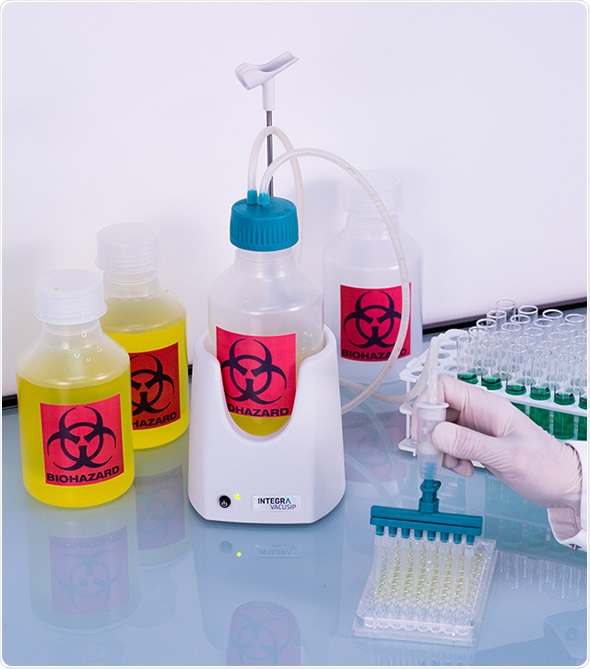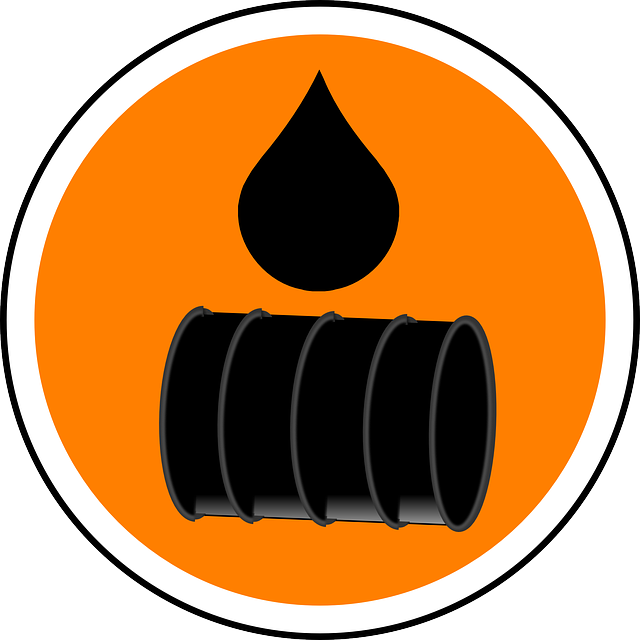Recognizing the Comprehensive Process of Liquid Waste Disposal: Best Practices and Environmental Influence Factors To Consider
The administration of liquid garbage disposal is a diverse issue that requires a detailed understanding of various best methods and their associated environmental effects. From the sorts of liquid waste created to the techniques utilized for collection, therapy, and last disposal, each action plays a vital duty in protecting ecological communities and public wellness. As regulatory requirements advance and modern technology advances, the discussion around these procedures ends up being progressively pertinent. What ramifications do these adjustments hold for future sustainability efforts, and exactly how can stakeholders make certain that they are appropriately attended to?
Sorts Of Fluid Waste
Recognizing the numerous kinds of fluid waste is essential for efficient management and disposal methods. Fluid waste can be broadly categorized into numerous types, each calling for distinct handling and therapy approaches.
Industrial fluid waste commonly contains hazardous materials, including heavy steels, solvents, and chemicals, produced throughout making procedures. These wastes require strict regulatory conformity to protect human health and wellness and the environment. Residential liquid waste mainly refers to wastewater generated from households, including sewer and greywater, which, although much less hazardous, can still posture considerable dangers if poorly taken care of.
Agricultural fluid waste, including overflow from farms, commonly includes plant foods and pesticides that can bring about ecological deterioration if not treated effectively. Medical liquid waste, created from medical care centers, consists of polluted liquids such as bodily fluids and chemicals, calling for specialized disposal approaches to avoid infection and environmental contamination.
Lastly, oil and grease waste, typically created by restaurants and automotive industries, can create extreme blockages in drain systems if not managed appropriately. Understanding these classifications assists in targeted methods for treatment, conformity with regulations, and effective disposal approaches, inevitably promoting environmental sustainability and public health security.

Collection Methods
Reliable collection methods are critical for the appropriate management of fluid waste, making certain that it is collected securely and successfully before therapy or disposal. Numerous techniques are used depending upon the kind of liquid waste produced, the quantity, and the details qualities of the waste.
One common technique is the usage of specialized collection tanks or sumps, which are designed to capture fluid waste at the source. These systems usually include pumps that promote the transfer of waste to larger storage space containers or therapy centers. Additionally, mobile collection systems furnished with vacuum cleaner technology are utilized in circumstances where waste is created periodically or in hard-to-reach locations.
For industrial setups, closed-loop systems can successfully lessen leakages and spills, enabling the recovery and reuse of liquid waste. It is also important to educate employees on correct collection procedures to minimize risks connected with unsafe materials.
Additionally, applying routine maintenance schedules for collection tools guarantees optimum performance and security. The combination of innovative monitoring systems can boost collection efficiency by offering real-time data on waste levels and potential threats. On the whole, efficient collection methods are foundational to lasting liquid waste management methods.
Treatment Processes
Treatment processes play an essential duty in the management of fluid waste, changing potentially dangerous materials right into secure effluents or multiple-use resources - liquid waste disposal. These procedures can be generally classified into physical, chemical, and organic methods, each tailored to attend to particular contaminants existing in the waste stream
Physical therapy approaches, such as sedimentation and filtering, job by eliminating put on hold solids and particulate issue. These methods are usually the primary step in the treatment chain, successfully decreasing the load on succeeding procedures. Chemical treatments entail the usage of reagents to reduce the effects of dangerous materials, precipitate hefty steels, or oxidize natural toxins, therefore enhancing the safety and security of the effluent.
Biological therapy processes, including triggered sludge systems and anaerobic digestion, profit from the natural abilities of microbes to break down organic matter. These techniques are particularly reliable for wastewater having eco-friendly pollutants. Advanced therapy innovations, such as membrane layer purification and advanced oxidation processes, are increasingly employed to attain higher degrees of filtration.
Integrating a mix of these therapy methods not just guarantees compliance with regulatory standards but also promotes ecological sustainability by recuperating important sources from liquid waste.
Disposal Options
Exactly how can organizations make certain the accountable and secure disposal of fluid waste? Effective disposal options are essential for safeguarding public wellness and the environment. The primary methods include land disposal, incineration, and treatment followed by discharge right into metropolitan wastewater systems.
Land disposal involves the cautious containment of fluid waste in marked garbage dumps, making certain that it does not leach into bordering dirt or water. Incineration, on the other hand, topics liquid waste to high temperatures, transforming it right into ash and gases, which require correct filtration to decrease discharges. This technique is suitable for harmful wastes that can not be treated through traditional methods.
In instances where fluid waste can be dealt with, companies might choose organic or chemical treatment processes to counteract unsafe elements before discharging the dealt with effluent right into municipal systems. This course usually aligns with governing requirements, making sure that the effluent meets security standards.
Ultimately, companies must perform thorough assessments of each disposal option to identify its feasibility, considering variables such as waste make-up, regulative conformity, and prospective threats to health and wellness and the setting. By choosing proper disposal approaches, businesses can add to a responsible waste management strategy.
Ecological Influence
The environmental impact of liquid garbage disposal is a vital factor to consider for organizations looking for to minimize their eco-friendly impact. Improper disposal techniques can lead to considerable contamination of water sources, dirt degradation, and adverse results on regional communities. For example, dangerous fluids can seep right into groundwater, posing dangers to drinking water materials and aquatic life. Additionally, the discharge of unattended or improperly dealt with waste into surface area waters can cause eutrophication, resulting in oxygen depletion and the succeeding death of fish and various other organisms.

To minimize these impacts, organizations should take on best practices such as carrying out strenuous waste therapy procedures, promoting recycling and reuse, and adhering to regulatory standards. By taking a positive technique to liquid waste management, entities can significantly reduce their ecological footprint while sustaining lasting development goals. Inevitably, a thorough understanding of the ecological influences related to fluid garbage disposal is necessary for informed decision-making and responsible stewardship of natural sources.
Verdict
Reliable monitoring of liquid waste is critical for guarding ecological integrity and public health and wellness. Ultimately, an extensive understanding of fluid waste disposal not just alleviates environmental influences however likewise fosters a commitment to accountable resource monitoring and ecological stewardship.
The administration of liquid waste disposal is a complex issue that requires a thorough understanding of numerous finest methods and their associated environmental effects. From the types of liquid waste produced to the techniques utilized for collection, therapy, and last industrial wastewater treatment solutions disposal, each step plays a crucial function in protecting communities and public wellness.The ecological impact of liquid waste disposal is a vital factor to consider for organizations looking for to lessen their ecological impact. Inevitably, a detailed understanding of the environmental effects connected with liquid waste disposal is necessary for notified decision-making and liable stewardship of all-natural resources.
Inevitably, a detailed understanding of liquid waste disposal not just reduces environmental impacts however also cultivates a commitment to responsible source monitoring and environmental stewardship.